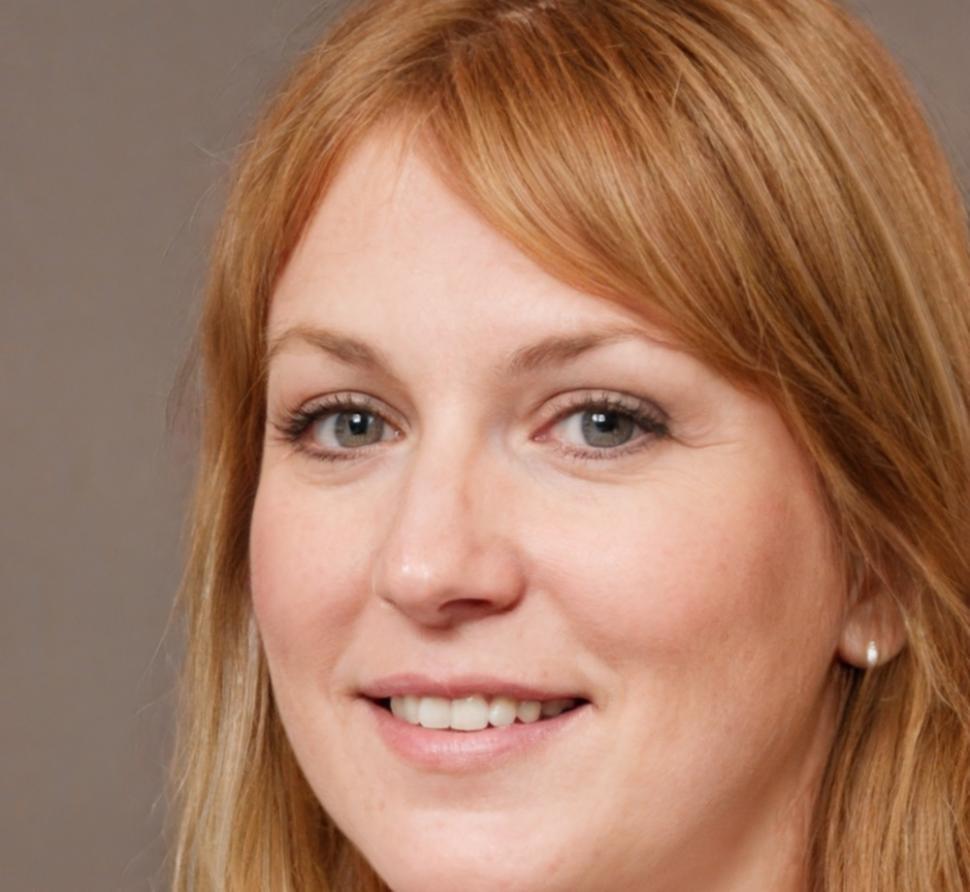You Can Defend Your Budget Requests
When leadership asks why next year's event needs more resources, you'll have actual evidence about what worked and what didn't. No more hoping they remember how successful things felt.
We don't just count attendees and track clicks. We help you understand what actually happened at your event and why it mattered. Because the real value isn't in the data itself—it's in what you do with it afterward.

A client once told us they'd spent three months planning a conference and had beautiful photos to show for it. But when their leadership asked what they'd learned from the experience, they couldn't answer beyond "people seemed to enjoy it."
That conversation stuck with us. Events take time, money, and genuine effort from everyone involved. Yet so many organizations treat analysis as an afterthought—something you do because you're supposed to, not because it helps.
We built our approach around a different idea: what if event reporting actually helped you make better decisions? Not just for your next event, but for how you connect with your audience overall.
Now we work with organizations across Taiwan who want their events to mean something beyond the day itself. We help them understand attendance patterns, engagement trends, and what their participants genuinely valued—then figure out what to do with that knowledge.
Most people assume event analysis means spreadsheets and pie charts. Sometimes it does. But usually it's more like detective work—figuring out what questions you should be asking in the first place.
We sit down before anything happens and ask what you're actually trying to learn. Not what metrics you think you should track, but what decisions this event will inform.
We design systems that capture information without making your team's job harder. This often means fewer tracking points than you'd expect, not more.
Someone from our team attends your event with fresh eyes. We notice things your staff can't because they're busy making everything run smoothly.
We turn raw information into clear findings. Then we sit with you and explain what we think it means for your specific situation—not generic best practices.
Every event has its own character and challenges. Here's a glimpse into different projects where our analysis helped organizations understand their audience better and make more confident decisions about future programming.

Three-day technology summit with multiple tracks. We identified which session formats drove the most meaningful engagement—turned out the answer surprised everyone.

Monthly educational workshops where attendance kept dropping. Our analysis revealed the issue wasn't content quality—it was scheduling timing nobody had considered.

Large-scale community event with decades of history. We helped them understand which traditions still resonated and which ones people attended out of obligation.
We're not going to promise transformation or revolutionary insights. But clients tell us these things become noticeably easier once they have clear analysis to work from.
When leadership asks why next year's event needs more resources, you'll have actual evidence about what worked and what didn't. No more hoping they remember how successful things felt.
You stop second-guessing every decision because you know what your specific audience responds to. Not what some article said works in general, but what actually matters for your events.
Instead of documentation that gets filed away, you'll have analysis that informs real decisions. We include a downloadable summary your whole team can reference when making choices.
Almost every analysis reveals at least one surprise—something working better than expected, or an assumption that turned out to be wrong. Those discoveries often prove more valuable than confirming what you already believed.
When everyone has different ideas about what attendees want, data settles debates faster than endless discussions. Not because numbers are always right, but because they give you something concrete to discuss.

We hired ascendxhyper after our annual conference because we genuinely didn't know if we were making good decisions anymore. They didn't just hand us a report—they helped us understand which parts of our event actually drove value and which parts we kept doing out of habit. That clarity changed how we approached the next year's planning completely.
Whether you're planning something in autumn 2025 or early 2026, we can help you think through what you want to learn from it. No obligation—just a conversation about what meaningful analysis might look like for your situation.
Get In Touch